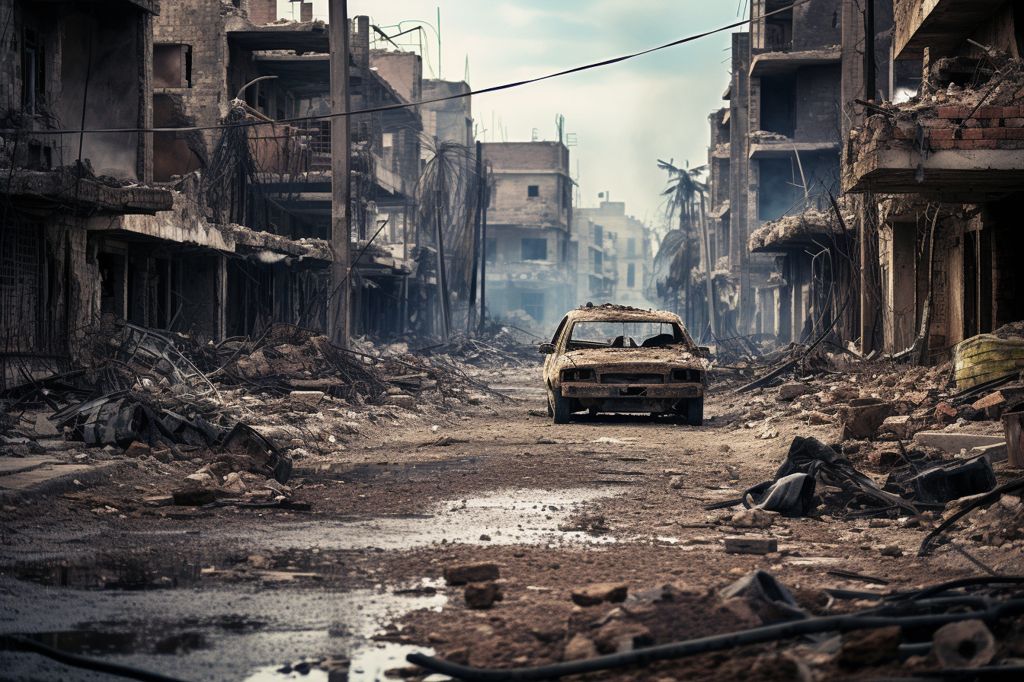The conflict in Sudan has lasted more than three months, leading to the tragic displacement of roughly 3.5 million people and the deaths of at least 3,900, according to conservative estimates. The rivalry between army chief Abdel Fattah alBurhan and his former deputy, RSF commander Mohamed Hamdan Daglo, has brought the war to the streets of densely populated neighborhoods in Khartoum.
The conflict between the Sudanese army and the rival paramilitary Rapid Support Forces (RSF) continues to escalate, with no signs of resolution. On July 16, 2023, Khartoum was subjected to airstrikes and intense fighting occurred in Sudan’s western Darfur region.
On July 3, 2023, Khartoum, the capital city of Sudan, was plunged into chaos as the Sudanese Armed Forces (SAF) and the paramilitary Rapid Support Forces (RSF) clashed. The conflict, which began on April 15 of the same year, has left thousands dead and millions displaced.
In the midst of escalating violence in Sudan, the United States has imposed sanctions on Sudanese leaders responsible for the breakdown of the country’s ceasefire efforts. This move comes after a ceasefire brokered by the US and Saudi Arabia was violated by both the national army and the paramilitary Rapid Support Forces (RSF), resulting in the deaths of 18 civilians and injuries to 106 others.
The conflict in Sudan has been ongoing since the 2019 coup that led to the removal of former President Omar alBashir. The country has been facing political instability, economic turmoil, and social unrest since then. ## The Recent Conflict and its Impacts
The situation in Sudan has been volatile since the removal of former President Omar alBashir in April 2019. The country has been in a transitional period, with a powersharing government comprising military and civilian factions. However, tensions have risen in recent weeks due to disagreements over the country’s future.






